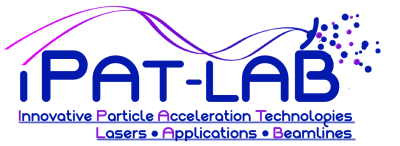The enhancement and control of growing techniques for nano and nanostructured materials with well controlled properties (i.e., crystallinity, shape, dimensions, band edge, etc..) is one of the current key challenges in nanoscience and nanotechnology. The a-priori definition of material properties and the setting of exact growth parameters is crucial for obtaining materials suitable for applications.
Nanomaterials are of strong importance in many fields, ranging from material science (mechanics), energy production (nuclear plants and green energy), medicine (surgery) and aero spatial application. The possibility to obtain routinely nanocrystals with controlled shape, dimensions and crystallinity is a challenge that many research groups are pursuing and that is considered strategically important for manifold applications. The most effective example is the application to research in new materials for photovoltaic devices, field of strong interest for European Commission in the last decades. A budget of €6 million has been allocated to non-nuclear energy research for the period 2014-2020 in the photovoltaic program of Horizon 2020, while out of this figure, more than €200 million is earmarked to support European Institute of Innovation and Technology activities. In this field many projects have been submitted to European Commission actions, involving Research Institutes and Companies of all European countries and the 90% of those are based on the controlled growth of nanomaterials and nanostructures. The realization of mesoporous or nanostructured electrodes can, in fact, strongly improve the efficiency of a photovoltaic device from the currently 15% to 20-25% (enhancement of 30-50%).
The main problem in the definition of a standard growth protocol is the individuation of parameters to generate the conditions of temperature and pressure required to produce well-defined structures in very short timescales (ps-fs), necessary for the nucleation of particles with dimensions of tens of nm.
A way to achieve this is the irradiation of matter, in vacuum or in solution, by an energetic proton beam with short duration. The irradiation of a bulk target by high energetic particles (in particular protons) can generate the temperature and pressure conditions required to grow crystalline structure, while the short pulse duration limits the nucleation time to the range of ps-ns ensuring the stop of nucleation at crystallinity phase without aggregation of amorphous structures.
We want to use laser-generated protons to explore these fields. Our main objective is to use laser-generated protons to grow and obtain nanostructured surfaces and colloidal solutions where the constituent nanomaterials are nanocrystals with well defined shape, dimensions and crystallinity.
